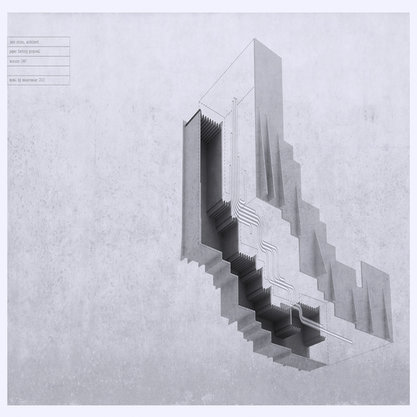Article
Nietzsche, Friedrich (1844–1900) By Pecora, Vincent P.; La Shot, Derek
Article
Friedrich Nietzsche, the son of a Lutheran minister, was a German philologist, philosopher, and iconoclast. He is best known for his controversial but powerful reevaluation of traditional Western morality, epistemology, and theology.
His early academic career was devoted to philology, and he secured a professorship at Basel University at the age of twenty-four despite having failed to obtain his doctorate at Leipzig. He obtained most of his philosophical training outside of his speciality. His principle resources were Arthur Schopenhauer’s The World as Will and Representation, followed by Richard Wagner’s revolutionary music. Although he admired Schopenhauer’s stark premise that existence was a chaotic affair guided by a will to life, Nietzsche later replaced Schopenhauer’s embrace of ascetic “will-less-ness” as the only response to suffering with the “will to power”: the idea that man “will rather will nothingness than not will” (Genealogy of Morals, III: sec. 1; emphasis in the original). His first book was The Birth of Tragedy out of the Spirit of Music (1872; title altered in subsequent editions), which explained Greek tragedy by revealing the wrestling of two intellectual energies within it.






